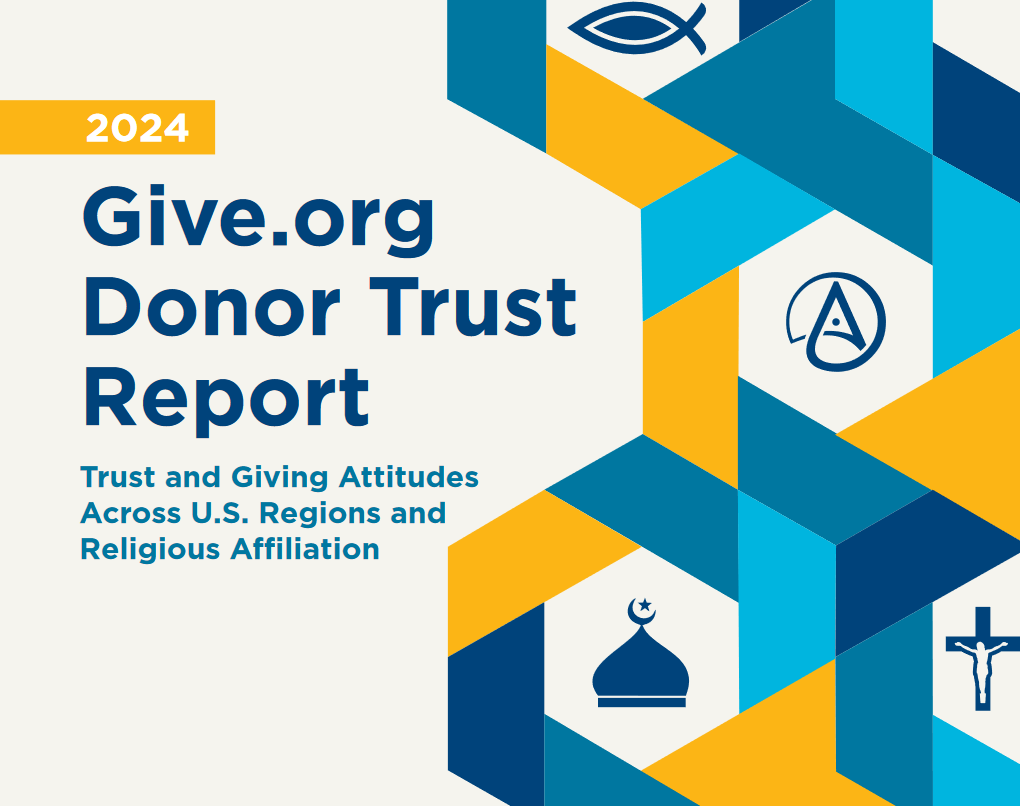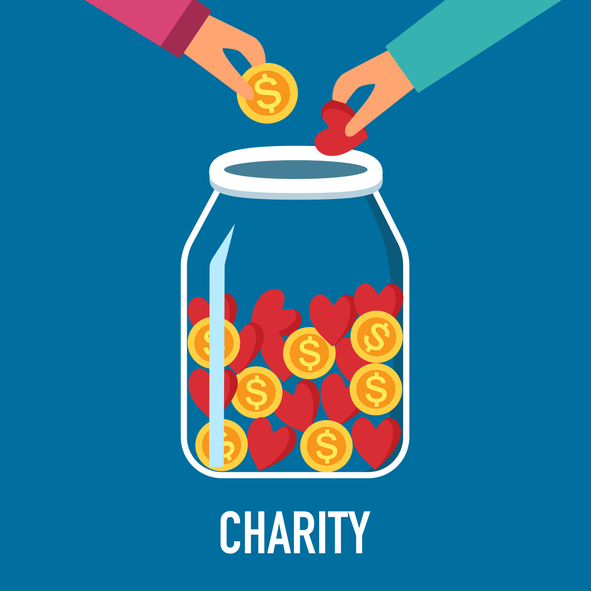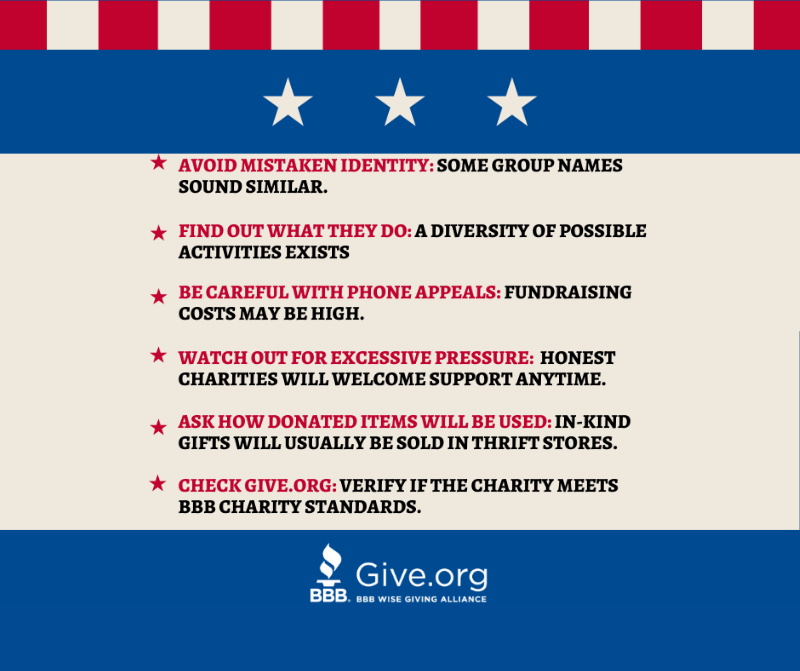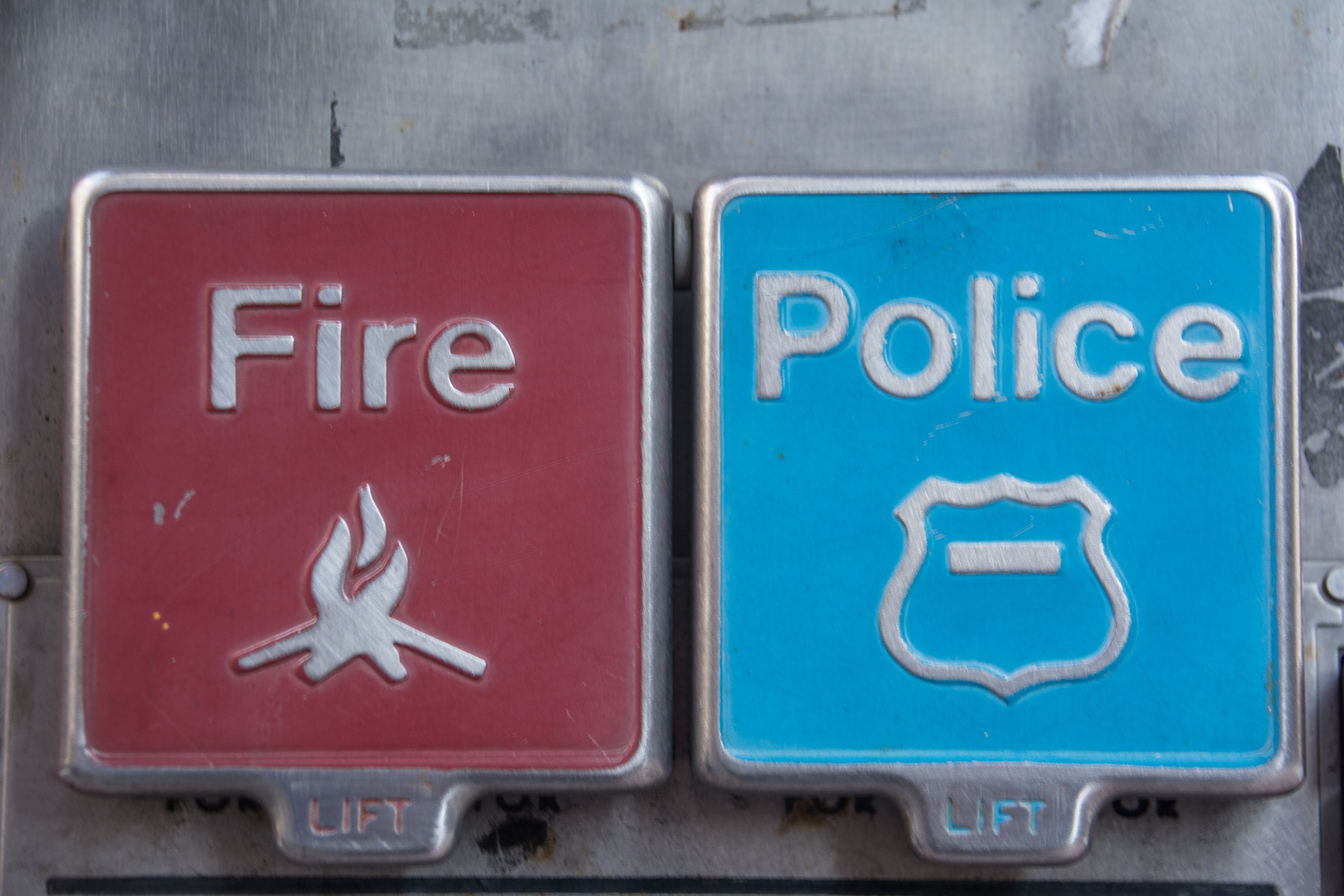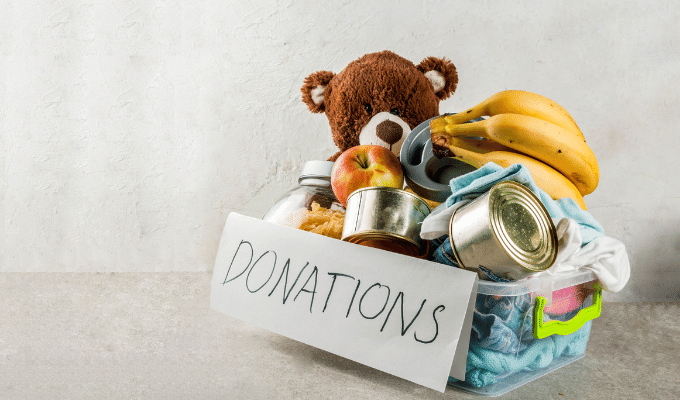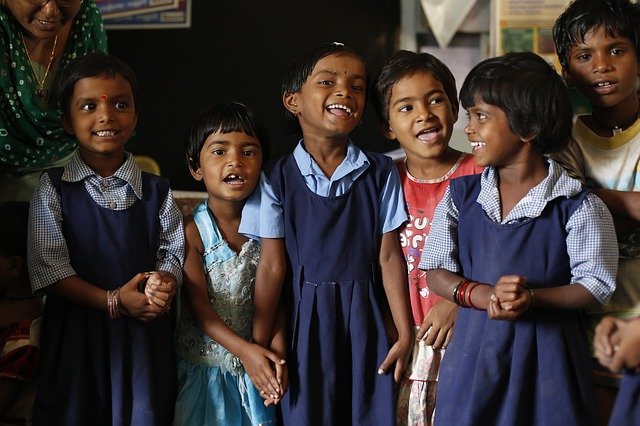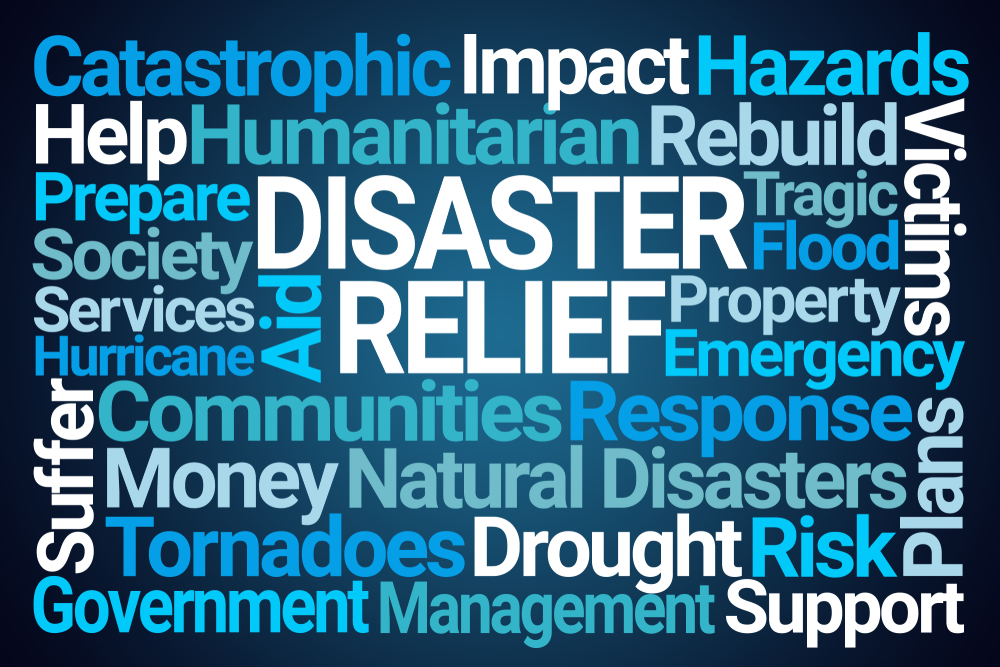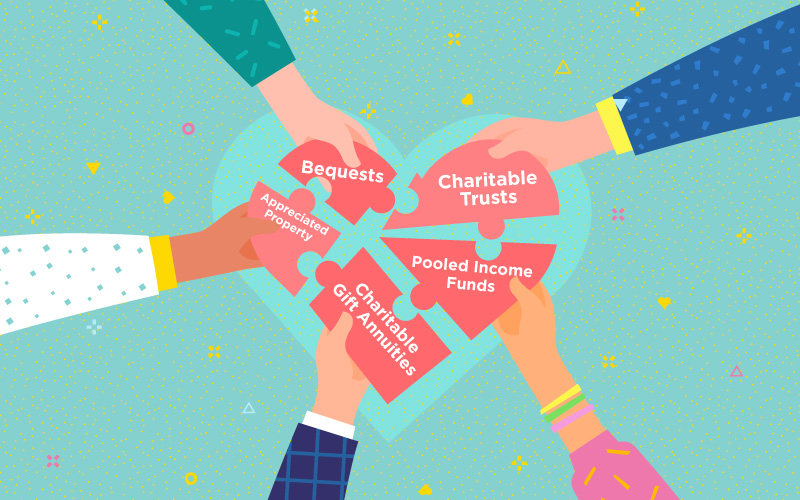Supporting Civil Rights Organizations on Juneteenth
As making Juneteenth (June 19th) a federal holiday was just established as law by the U.S. Congress and President, many people may wish to honor this commemoration of the end of slavery. To assist those who want to celebrate Juneteenth by supporting charities, we are sharing tips about donating to organizations addressing civil rights, free speech, legal rights, and related topics. We also thought we would provide a starter list of BBB® Accredited Charities (i.e., charities that meet all 20 of the BBB Standards for Charity Accountability) that appear to work in such areas. We hope these resources will help you Give With Trust℠ to charities of your choice.
1. Look for clear program descriptions
Consider looking beyond the organization’s name and website graphics and find out if they are clear about their planned use for solicited funds. Be careful about organizations that provide detailed descriptions of problems or set high financial goals - such as “we want to raise $10 million” - but provide vague or spare explanations about how they will address the issues. Look for charities that are able to provide specifics about their mission, program plans, and how donations will be used.
2. Newly established groups are more difficult to vet
Charities that are newly established can provide an element of excitement and potential for creative ideas, but they are harder to check out, especially if have not completed their first full fiscal year. A financial statement or annual report will not yet be available. If a donor wants to consider supporting a new group, see if their website includes: (a) a clear description of their program service activities, (b) a plan that identifies how much they want to raise and explains how they plan to spend it, and (c) a board roster that identifies the professional affiliations of board members. A donor in the U.S. also may want to ask to see a copy of their IRS Form 1023, the application form for their charity tax-exempt status.
3. Review the track record of experienced charities
Charities with significant experience in addressing civil rights and related matters can provide an additional degree of assurance. They have a track record that you can review such as annual reports, financial statements and the financial form filed with the IRS - Form 990. They also may have developed skills and activities that have proven to be effective. If you don’t see a charity report on Give.org or BBB.org, information such as a charity’s tax status and IRS Form 990 may be available at apps.irs.gov/app/eos.
4. Not all soliciting groups are charities
Not all nonprofit organizations that are soliciting civil rights causes and related matters are charities, tax exempt under section 501(c)(3) of the Internal Revenue Code. It is okay to support other groups with the understanding that your contribution may not be deductible as a charitable donation for federal income tax purposes.
5. Verify charity trustworthiness by reviewing BBB Charity Reports
Visit BBB Wise Giving Alliance’s website at Give.org to access charity reports that show if the charity meets the 20 BBB Standards for Charity Accountability which address charity governance, results reporting, finances, transparency and appeal accuracy.
BBB Accredited Charities addressing racial justice as well as other civil rights, free speech, and/or legal issues
Below is a list of soliciting charities that meet the 20 BBB Standards for Charity Accountability (i.e.,, are BBB Accredited Charities.) Some of them are nationally soliciting charities evaluated by the BBB Wise Giving Alliance. Others are regionally-soliciting charities evaluated by the BBB Foundation of Metropolitan New York. There is no charge to charities for the accreditation assessment and reports are available to the public on Give.org or BBB.org.
ACLU Foundation
Advocates for Children of New York
American Indian College Fund
Amnesty International
Arab-American Family Support Center
Asian American Legal Defense and Education Fund
Avenues for Justice
Children’s Rights
Equality Florida Institute
Erase Racism
Hispanic Federation
Human Rights Watch
Immigration Equality
National Immigration Forum
National Urban League
Native American Rights Fund
PEN American Center
Pro Bono Net
Resist
SAGE Advocacy & Services for LGBT Elders
UNCF
The Sikh Coalition
Women’s Prison Association
Zonta International Foundation
U.S. State Charity Officials: In about 40 states, charities are required to register with state government agencies before soliciting, usually with either the office of the attorney general or office of the secretary of state.
Canadian-based charities: If you are considering donating to a Canadian-based charity, there is a list of Registered Charities provided by the Government of Canada, which can be found here. While the registration with this government agency does not mean the government is recommending or endorsing the charity, it does signify that the group has filed the appropriate paperwork with this agency.








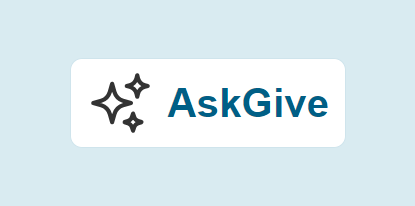

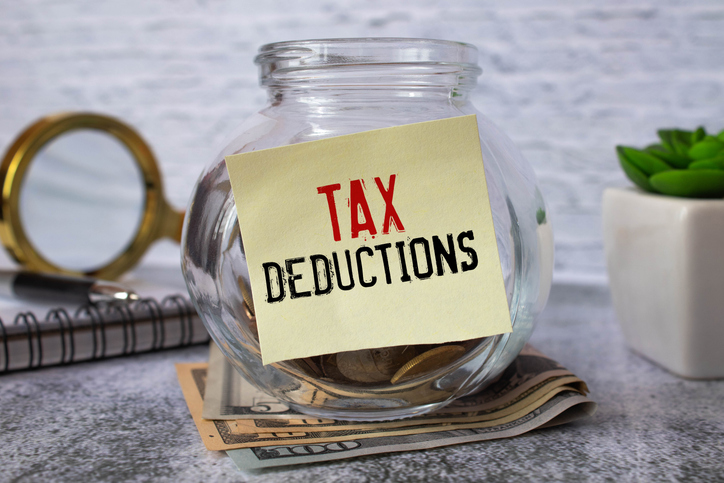
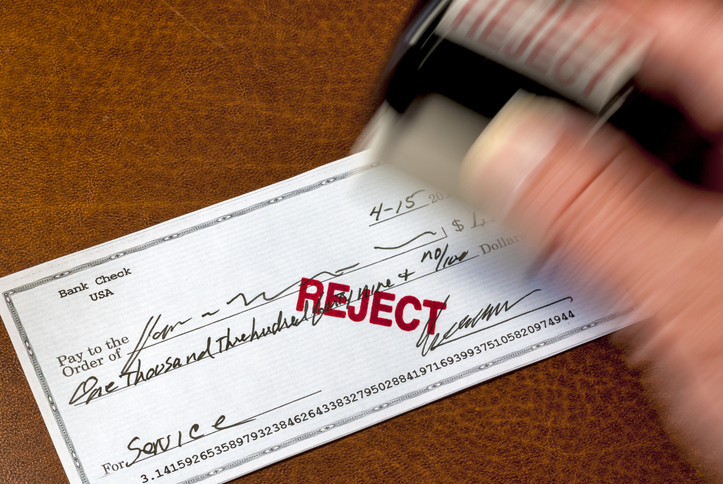
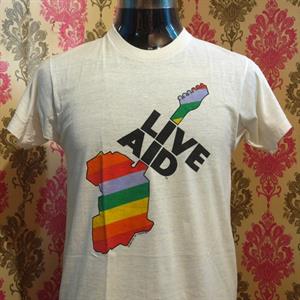
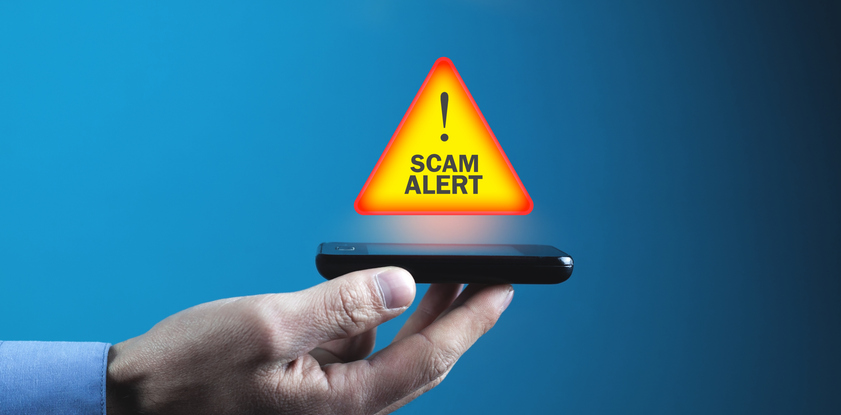

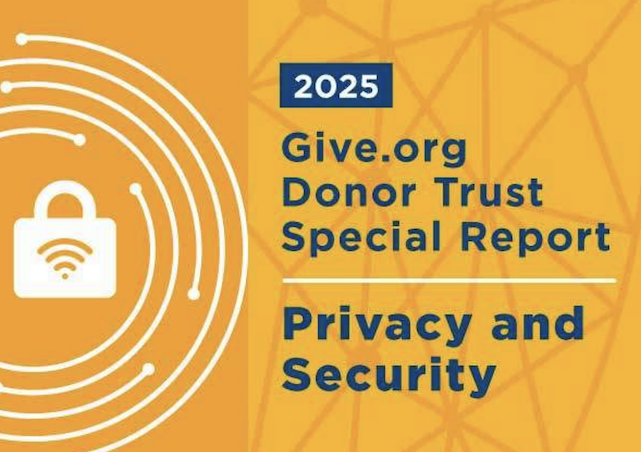
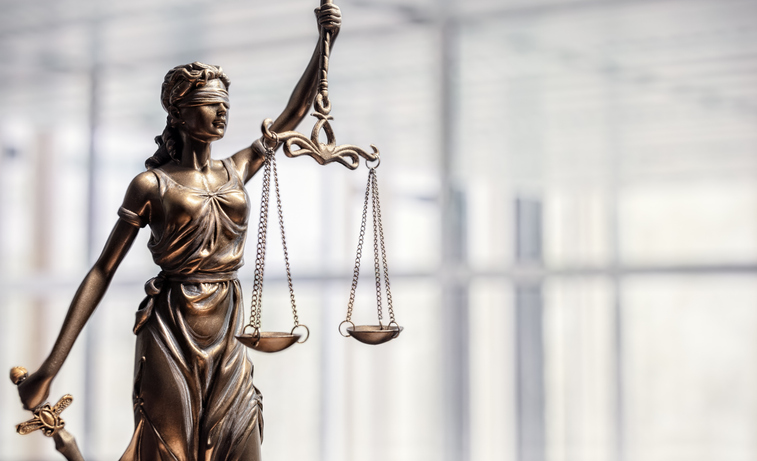
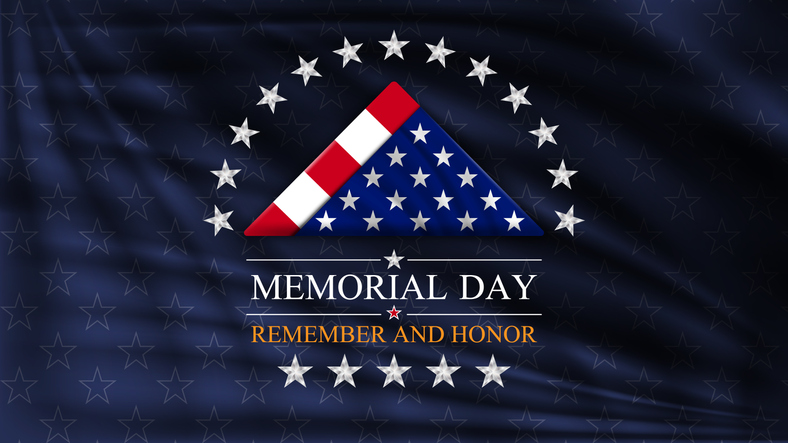
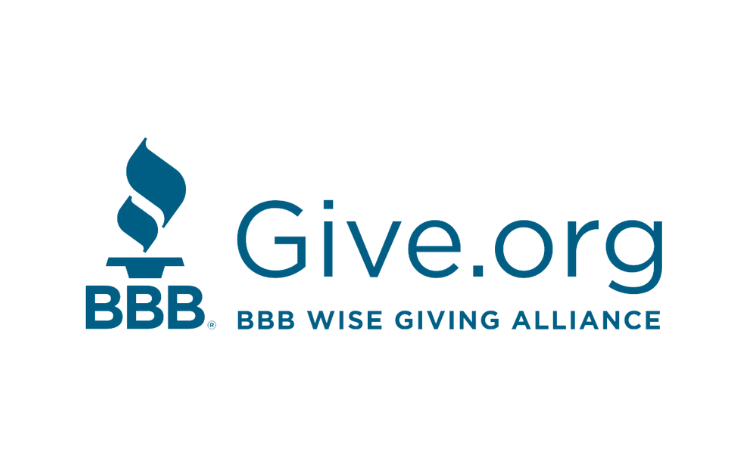

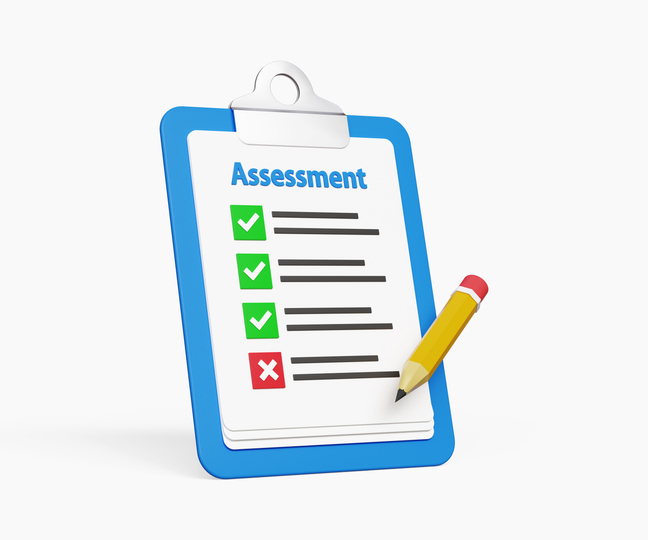



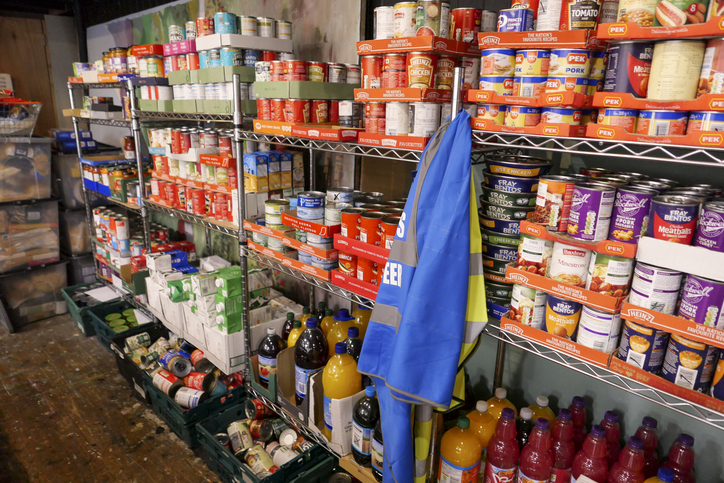



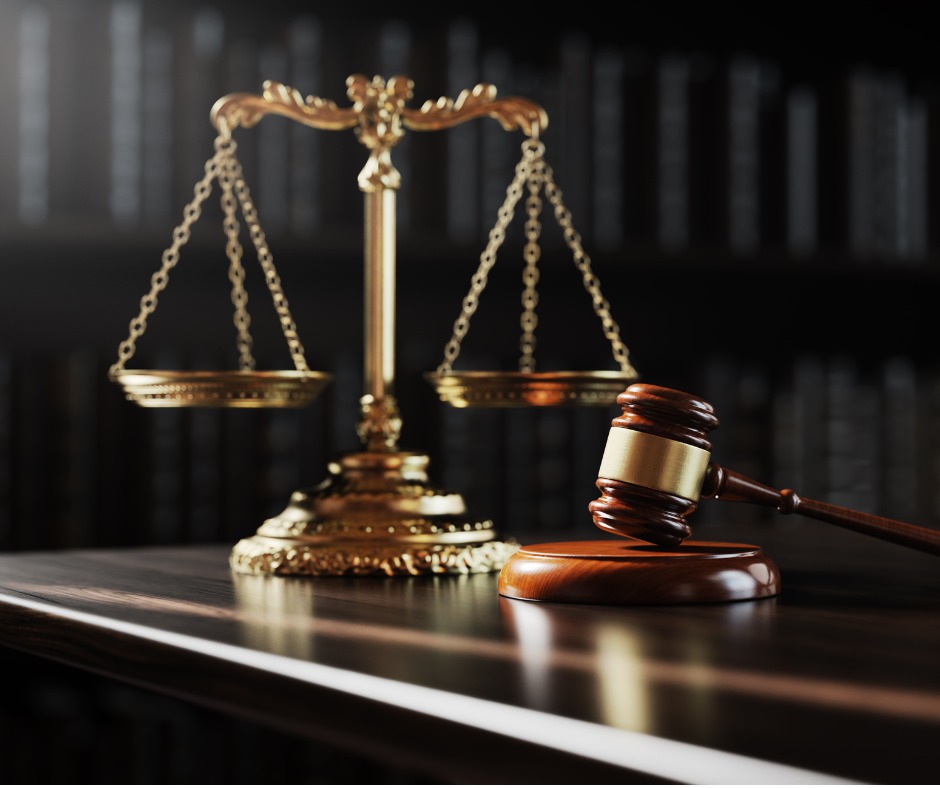
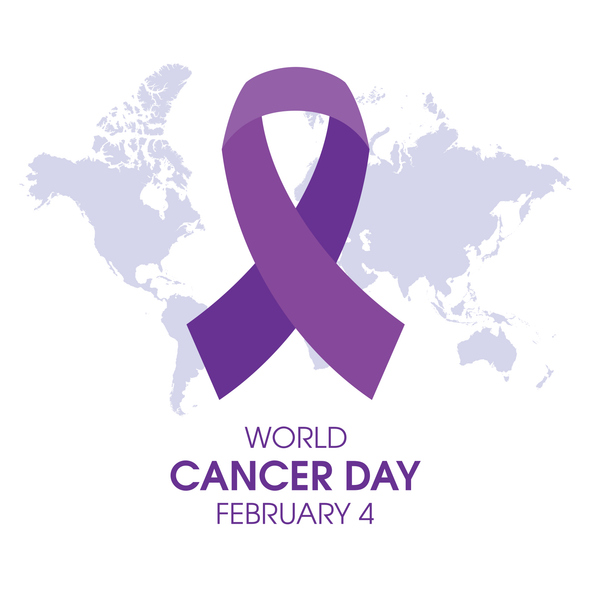
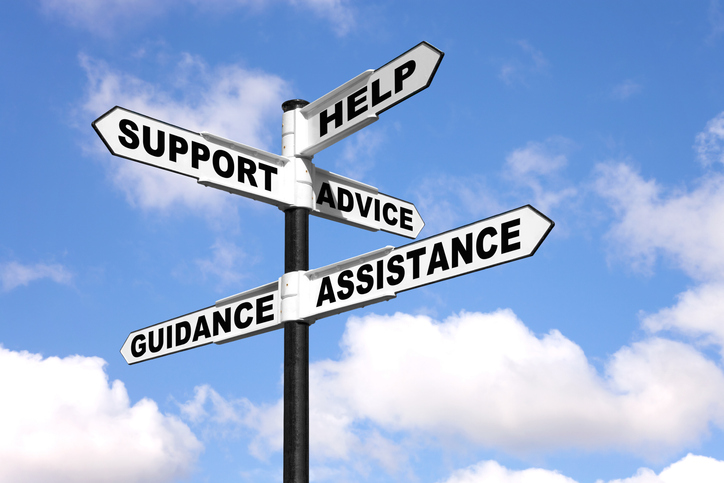

.jpg?sfvrsn=8073f1a5_0)


